Eureka Phoenix
- 14 Posts
- 3 Comments

 31·1 year ago
31·1 year ago""In a normal society, a former president—let’s call him Donald Trump—who’s been indicted three times in under four months, on charges ranging from obstruction of justice to conspiracy to defraud the United States, would have absolutely no chance of ever being president again. It straight up would not be a scenario anyone would have to even contemplate; even if this individual were not in prison, the idea that they would be able to run for and win higher office once more would not compute.
But unfortunately, we don’t live in a normal society; instead, we live in a place in which millions of people not only still support Donald Trump, but grow fonder of him with every new criminal charge. Which means that, despite the aforementioned indictments*, the twice-impeached, thrice-indicted ex-president is dominating every other candidate for the Republican nomination, and currently looks to be the most likely GOP nominee in the 2024 general election. That, of course, scares the shit out of a lot of people—including, apparently, one Barack Obama. Whose fear, it has to be said, is extremely unsettling!
The Washington Post reports that during a private lunch with Joe Biden in late June, the 44th president “voiced concern about Donald Trump’s political strengths—including an intensely loyal following, a Trump-friendly conservative media ecosystem, and a polarized country—underlining his worry that Trump could be a more formidable candidate than many Democrats realize.” According to people familiar with the conversation, “Obama made it clear his concerns were not about Biden’s political abilities, but rather a recognition of Trump’s iron grip on the Republican Party.”
Obama’s concerns are certainly warranted: In a New York Times/Siena poll released on Monday, Trump led his closest competition, Ron DeSantis, by a whopping 37 points. An even wilder data point that seems to validate Obama’s fears was that Trump beat DeSantis even among Republicans who believe he committed “serious federal crimes.” To be clear, that means these people believe Trump is a criminal, and want him to be president anyway.
As FiveThirtyEight optimistically notes, should Trump be convicted before November 5, 2024, voters might be less inclined to cast a ballot for him, and presumably they’d be even less so if he’s sentenced to time in prison. (In the case of the most recent indictment, two of the charges carry up to 20 years behind bars, and compared to her colleagues, the judge assigned to the case has imposed the toughest sentences for January 6 defendants.) Though, who knows!
As for a potential Trump-Biden rematch, another Times/Siena Poll poll published this week put the two in a tie, with each receiving 43% of the vote—which, for people who think democracy is worth preserving, is pretty pants-shittingly scary.
In somewhat happier news, Obama reportedly promised at the same June lunch “to do all he could to help the president get reelected.” And in a statement, a spokesman for Biden’s campaign told the Post: “President Biden is grateful for his unwavering support, and looks forward to once again campaigning side-by-side with President Obama to win in 2024 and finish the job for the American people.”
*And everything else!
Mike Pence giveth and Mike Pence taketh away
Yes, he tweeted yesterday that “anyone who puts himself over the Constitution should never be President,” but then he basically suggested today that Trump was just listening to his lawyers’ advice when he tried to overturn the election—which, coincidentally, is a defense Trump is reportedly planning to use."

 13·1 year ago
13·1 year agoForget hush money payments to porn stars hidden as business expenses. Forget showing off classified documents about Iran attack plans to visitors, and then ordering the pool guy to erase the security tapes revealing that he was still holding on to documents that he had promised to return. Forget even corrupt attempts to interfere with election results in Georgia in 2020. The federal indictment just handed down by special counsel Jack Smith is not only the most important indictment by far of former President Donald Trump. It is perhaps the most important indictment ever handed down to safeguard American democracy and the rule of law in any U.S. court against anyone. For those who have been closely following Trump’s attempt to subvert the results of the 2020 election, there was little new information contained in the indictment. In straightforward language with mountains of evidence, the 45-page document explains how Trump, acting with six (so far unnamed, but easily recognizable) co-conspirators, engaged in a scheme to repeatedly make false claims that the 2020 election was stolen or rigged, and to use those false claims as a predicate to try to steal the election. The means of election theft were national, not just confined to one state, as in the expected Georgia prosecution. And they were technical—submitting alternative slates of presidential electors to Congress, and arguing that state legislatures had powers under the Constitution and an old federal law, the Electoral Count Act, to ignore the will of the state’s voters. But Trump’s corrupt intent was clear: He was repeatedly told that the election was not stolen, and he knew that no evidence supported his outrageous claims of ballot tampering. He nonetheless allegedly tried to pressure state legislators, state election officials, Department of Justice officials, and his own vice president to manipulate these arcane, complex election rules to turn himself from an election loser into an election winner. That’s the definition of election subversion. He’s now charged with a conspiracy to defraud the United States, a conspiracy to willfully deprive citizens the right to vote, a conspiracy to obstruct an official proceeding, and obstructing that official proceeding. If you’re doing the math, that is four new counts on top of the dozens he faces in the classified documents case in Florida and the hush money case in New York. So far Trump has not been accountable for these actions to try to steal an American election. Although the House impeached Trump for his efforts soon after they occurred, the Senate did not convict. Senate Minority Leader Mitch McConnell, in voting against conviction in the Senate despite undeniable evidence of attempted election subversion by his fellow Republican, pointed to the criminal justice system as the appropriate place to serve up justice. But the wheels of justice have turned very slowly. Reports say that Attorney General Merrick Garland was at first too cautious about pursuing charges against Trump despite Trump’s unprecedented attack on our democracy. Once Garland appointed Jack Smith as a special counsel to handle Trump claims following the release of seemingly irrefutable evidence that Trump broke laws related to the handling of classified documents, the die was cast. It is hard to overstate the stakes riding on this indictment and prosecution. New polling from the New York Times shows that Trump not only has a commanding lead among those Republicans seeking the party’s presidential nomination in 2024; he remains very competitive in a race against Joe Biden. After nearly a decade of Trump convincing many in the public that all charges against him are politically motivated, he’s virtually inoculated himself against political repercussions for deadly serious criminal counts. He’s miraculously seen a boost in support and fundraising after each indictment (though recent signs are that the indictments are beginning to take a small toll). One should not underestimate the chances that Donald Trump could be elected president in 2024 against Joe Biden—especially if Biden suffers any kind of health setback in the period up to the election—even if Trump is put on trial and convicted of crimes. A trial is the best chance to educate the American public, as the Jan. 6 House committee hearings did to some extent, about the actions Trump allegedly took to undermine American democracy and the rule of law. Constant publicity from the trial would give the American people in the middle of the election season a close look at the actions Trump took for his own personal benefit while putting lives and the country at risk. It, of course, also serves the goals of justice and of deterring Trump, or any future like-minded would-be authoritarian, from attempting any similar attack on American democracy ever again. Trump now has two legal strategies he can pursue in fighting these charges, aside from continuing to attack the prosecutions as politically motivated. The first strategy, which he will no doubt pursue, is to run out the clock. It’s going to be tough for this case to go to trial before the next election given that it is much more factually complex than the classified documents or hush money cases. There are potentially hundreds of witnesses and theories of conspiracies that will take much to untangle. Had the indictment come any later, I believe a trial before November 2024 would have been impossible. With D.C. District Judge Tanya Chutkan—a President Barack Obama appointee who has treated previous Jan. 6 cases before her court with expedition and seriousness—apparently in charge of this case, there is still a chance to avoid a case of justice delayed being justice denied. If Trump can run out the clock before conviction and be reelected, though, he can get rid of Jack Smith and appoint an attorney general who will do his bidding. He could even try to pardon himself from charges if elected in 2024 (a gambit that may or may not be legal). He could then sic his attorney general on political adversaries with prosecutions not grounded in any evidence, something he has repeatedly promised on the campaign trail. Trump’s other legal strategy is to argue that prosecutors cannot prove the charges. For example, the government will have to prove that Trump not only intended to interfere with Congress’ fair counting of the electoral college votes in 2020 but also that Trump did so “corruptly.” Trump will put his state of mind at issue, arguing that despite all the evidence, he had an honest belief the election was being stolen from him. He also will likely assert First Amendment defenses. As the indictment itself notes near the beginning, “the Defendant has a right, like every American, to speak publicly about the election and even to claim, falsely, that there had been outcome-determinative fraud during the election and that he had won.” But Trump did not just state the false claims; he allegedly used the false claims to engage in a conspiracy to steal the election. There is no First Amendment right to use speech to subvert an election, any more than there is a First Amendment right to use speech to bribe, threaten, or intimidate. Putting Trump before a jury, if the case can get that far before the 2024 elections, is not certain to yield a conviction. It carries risks. But as I wrote last year in the New York Times, the risks to our system of government of not prosecuting Donald Trump are greater than the risks of prosecuting him. It’s not hyperbole to say that the conduct of this prosecution will greatly influence whether the U.S. remains a thriving democracy after 2024.
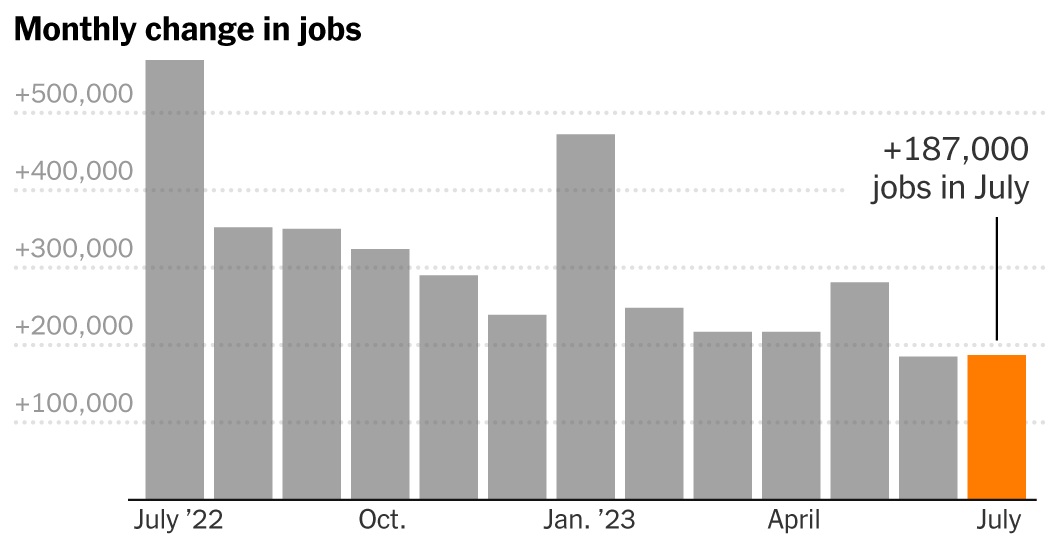
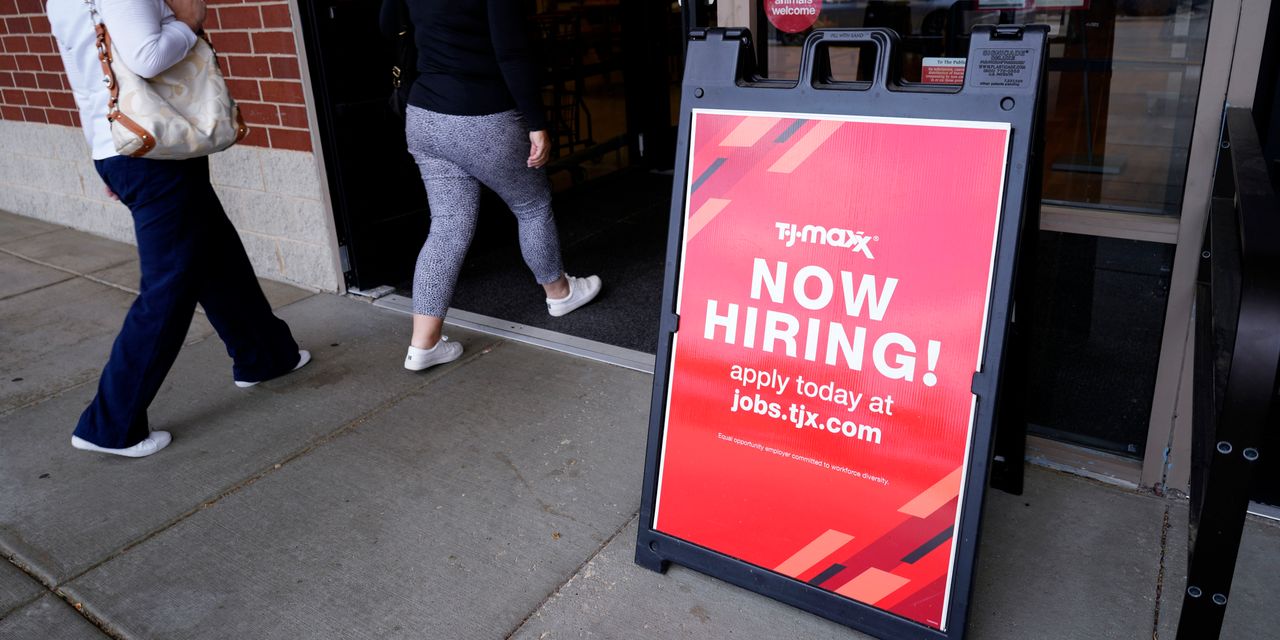



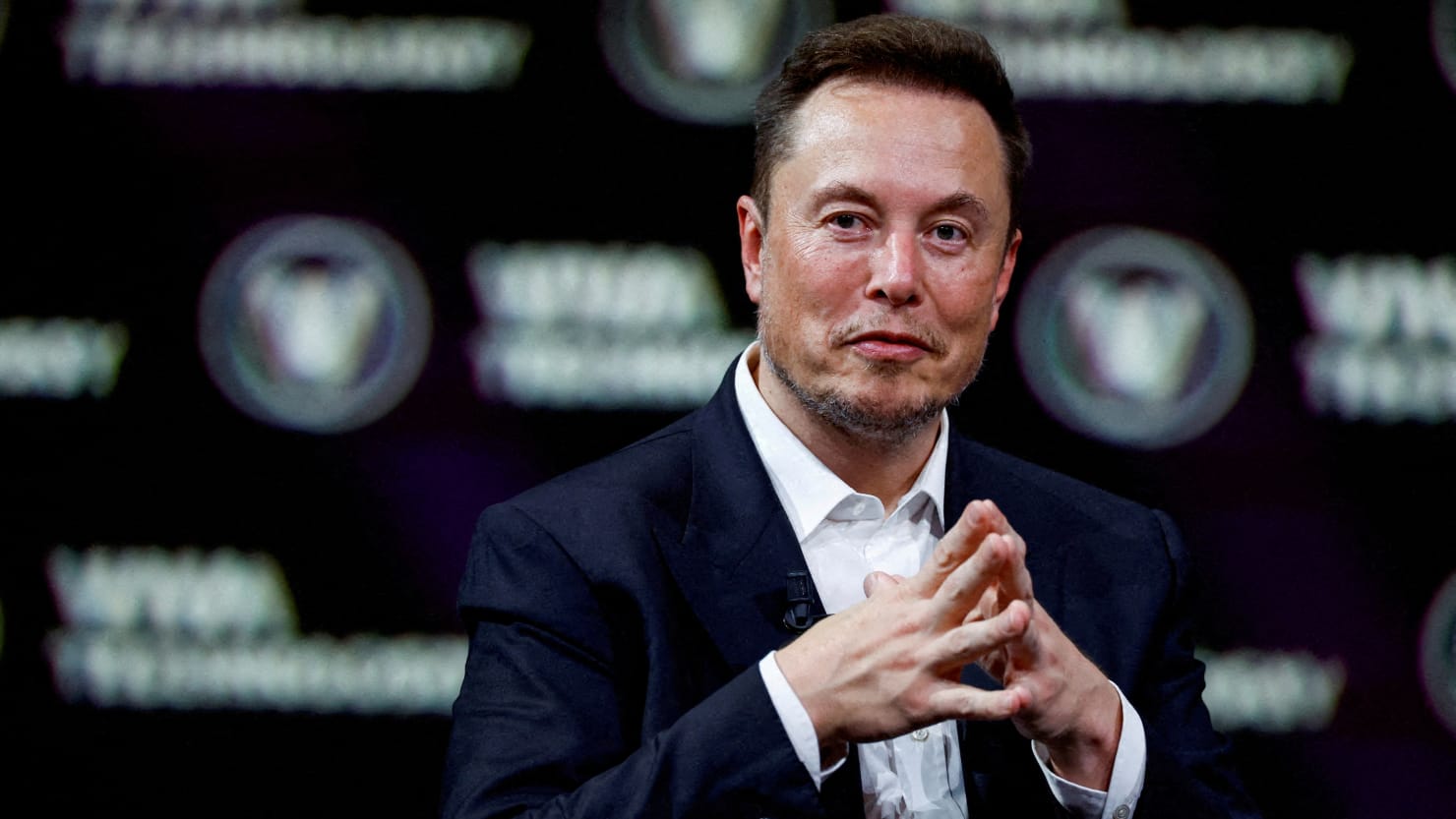
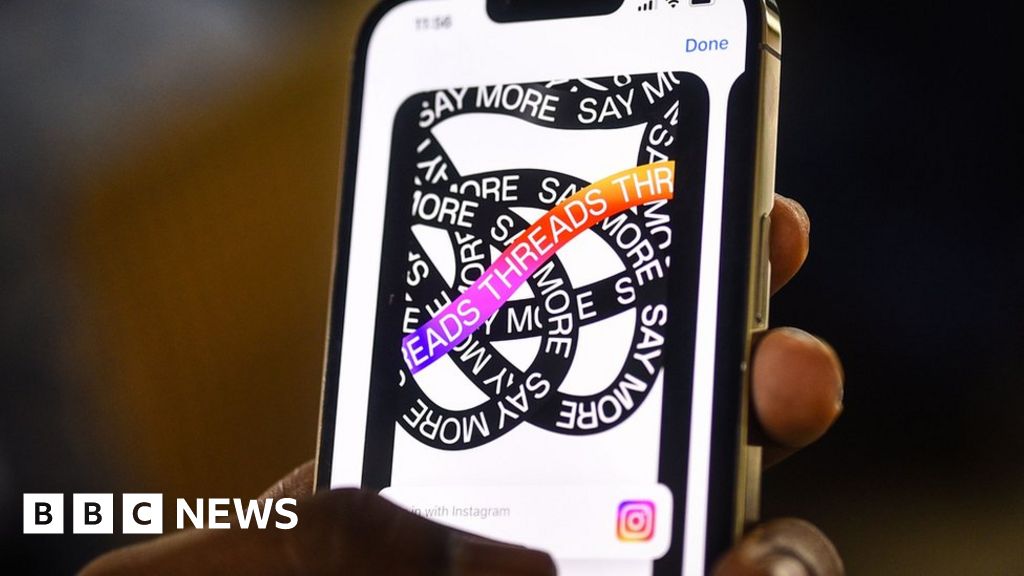


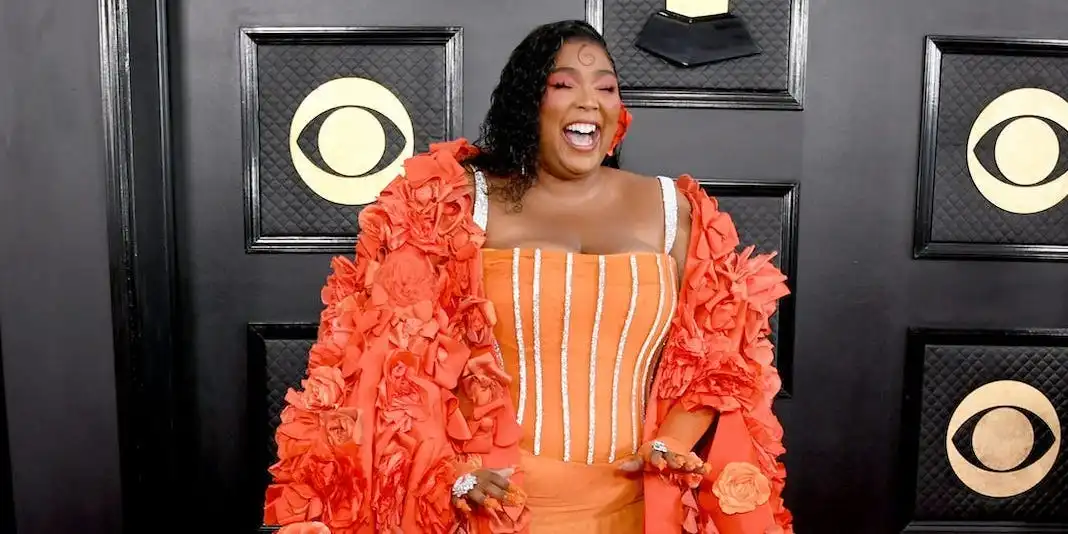
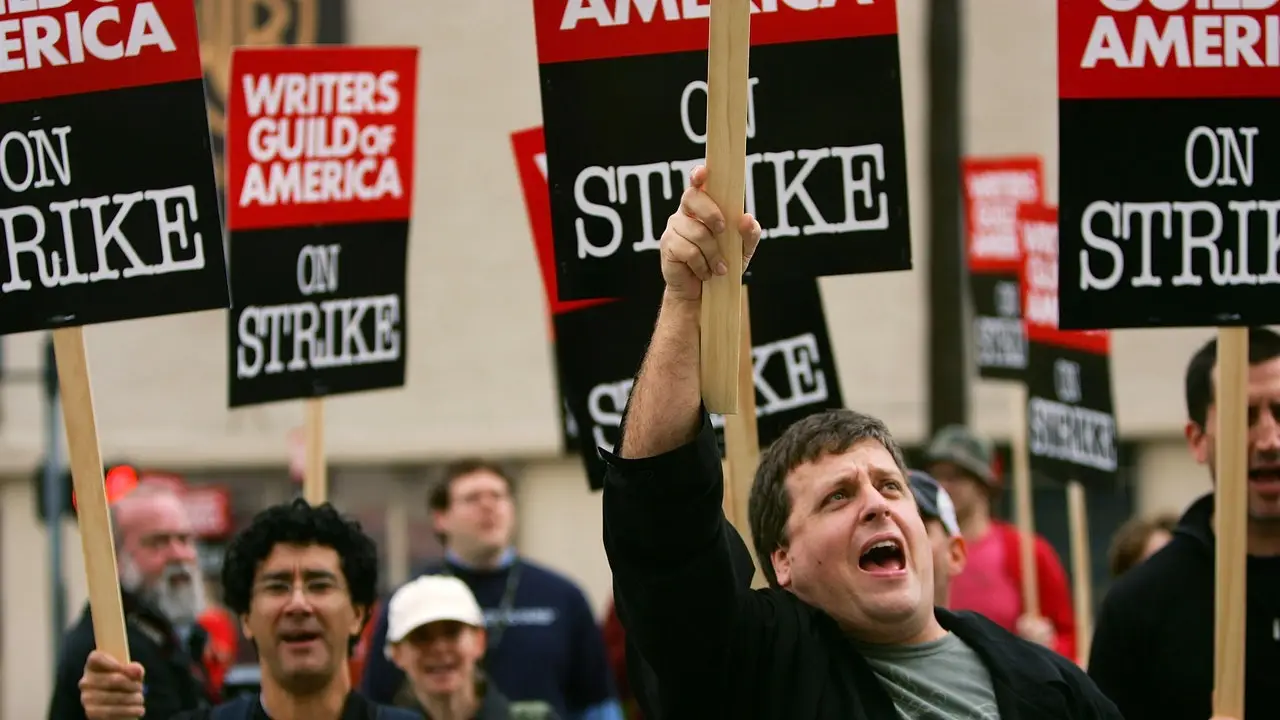

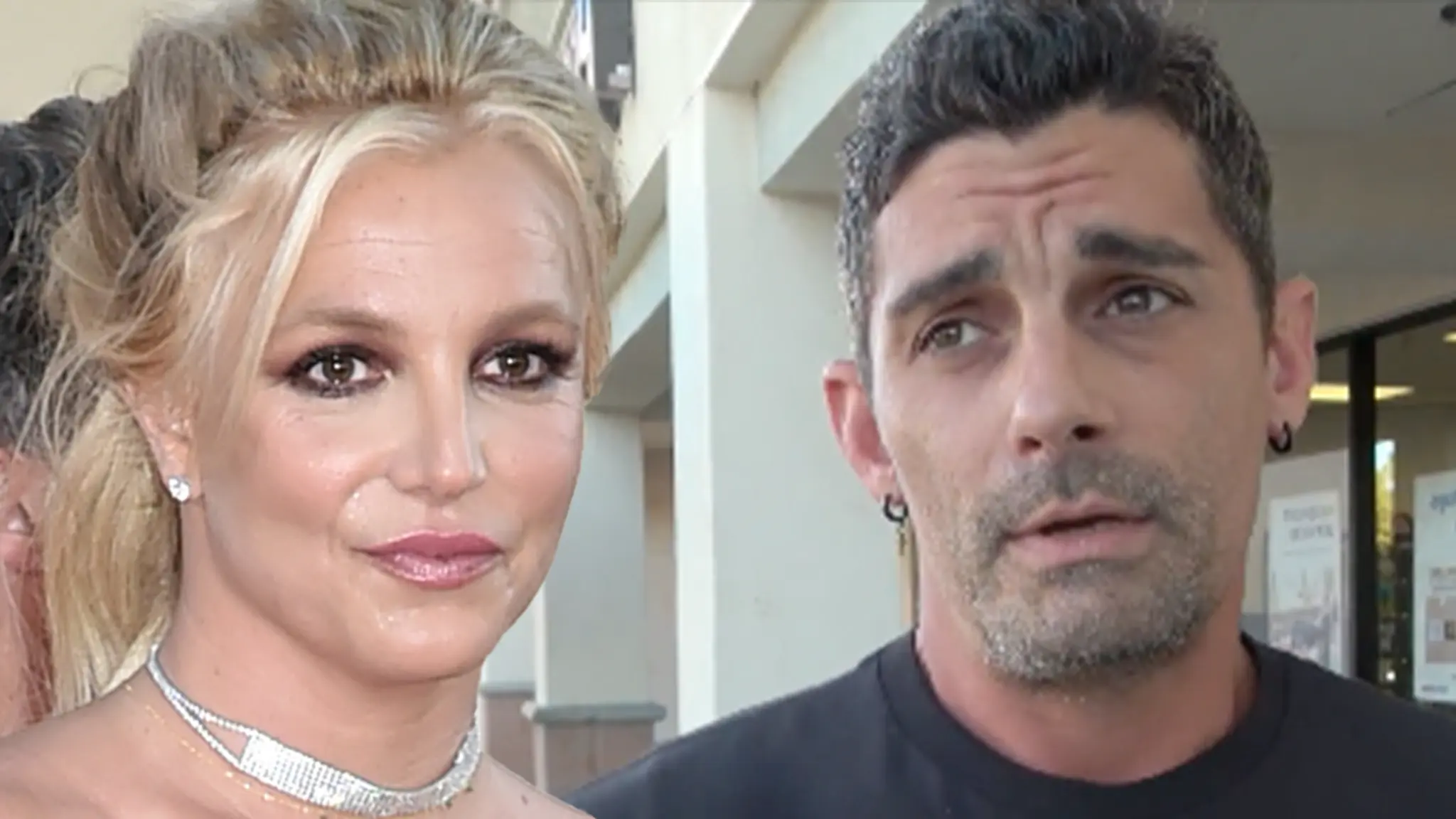
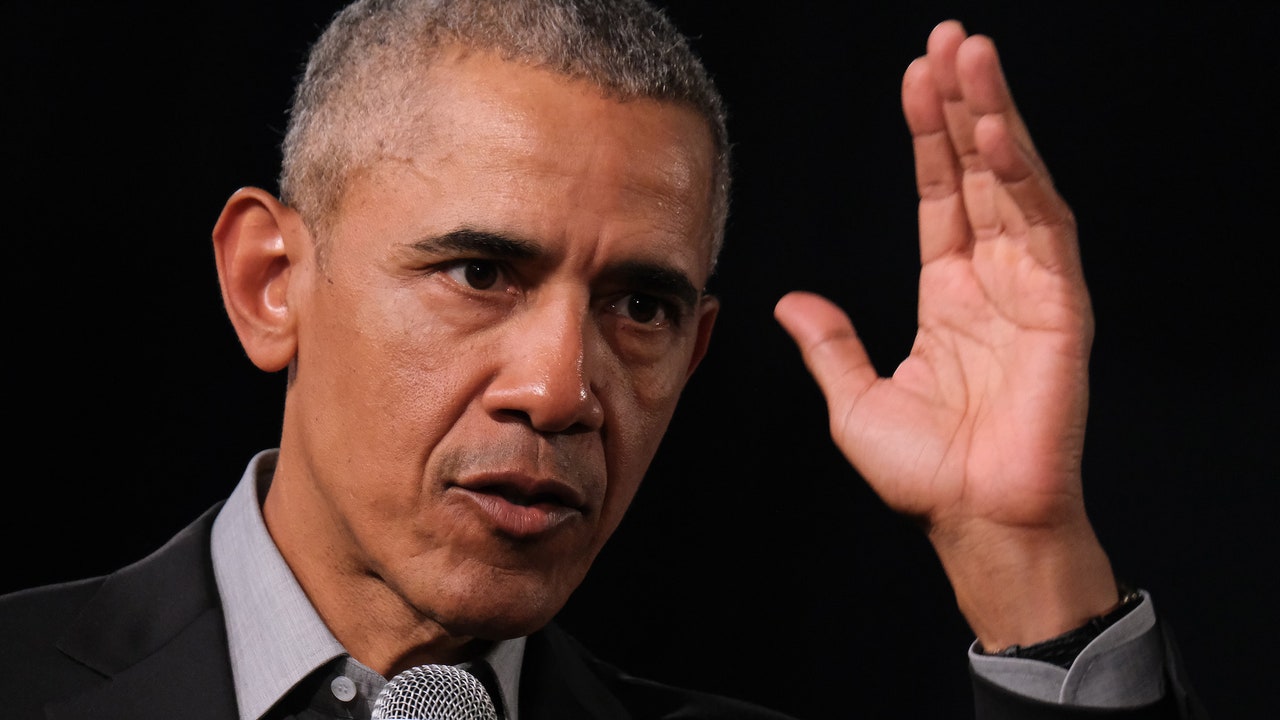
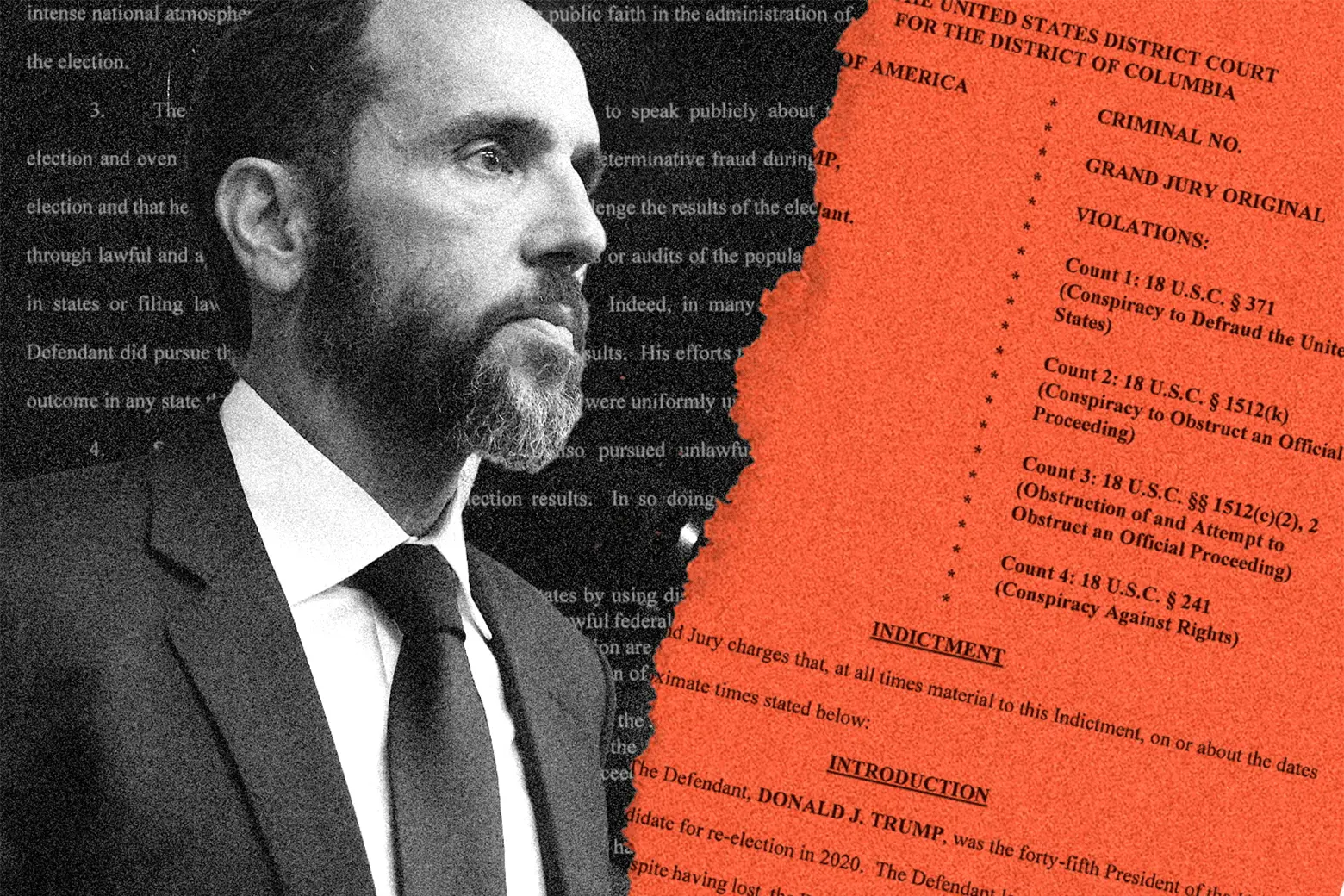
Lol the tweet I found this article from referred to it as Meta. nah.